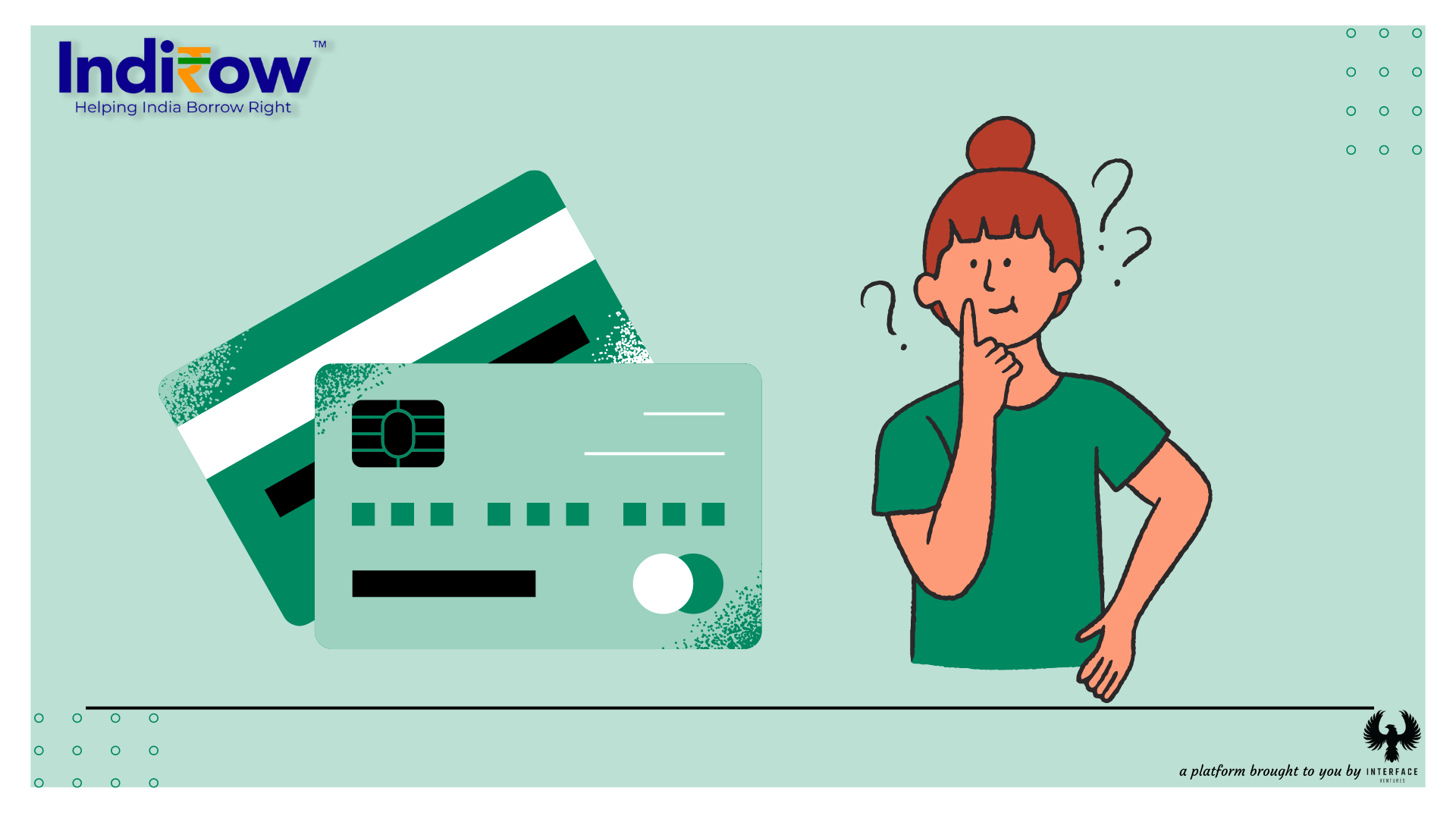
Written by
Indirow
Exploring the Advantages and Disadvantages of Credit Cards in India
Making Informed Financial Decisions
Read Time
5 mins
Introduction:
Credit cards have become an integral part of our financial landscape, offering convenience, flexibility, and a range of benefits. In India, credit cards have gained significant popularity, providing individuals with a convenient and secure mode of payment. However, it is crucial to understand both the advantages and disadvantages of credit cards before deciding to apply for one. In this comprehensive blog post, we will explore the various aspects of credit cards in India, discussing their advantages and disadvantages. From easy online applications to rewards programs and potential debt traps, this guide will equip you with the knowledge necessary to make informed financial decisions.
Advantages of Credit Cards in India
1. Convenience and Acceptance: Credit cards offer unparalleled convenience in making purchases. They are widely accepted by merchants across India, enabling you to make transactions seamlessly, whether in physical stores, online marketplaces or while traveling abroad. With a credit card in hand, you have a versatile financial tool that eliminates the need to carry large amounts of cash or worry about currency exchange.
2. Build Credit History: One of the significant advantages of using a credit card responsibly is the opportunity to build a positive credit history. Timely payments and responsible credit utilization contribute to a healthy credit score, which can help in obtaining future loans, such as mortgages or car loans. A good credit history also improves your chances of being approved for higher credit limits and better credit card offers.
3. Cashback and Rewards Programs: Many credit cards in India come with attractive rewards programs, offering cashback, discounts, or loyalty points for every rupee spent. These rewards can be redeemed for various benefits, including travel vouchers, merchandise, or statement credits. By strategically utilizing your credit card for everyday expenses, you can maximize the rewards and enjoy additional perks.
4. Online Shopping and Bill Payments: With the growth of e-commerce in India, credit cards have become an essential tool for online shopping. They provide a secure and convenient payment method, allowing you to shop from a wide range of online retailers with ease. Additionally, credit cards enable you to set up automatic bill payments, ensuring you never miss a due date and avoid late payment fees.
5. Emergency Funds and Financial Flexibility: Credit cards can serve as a backup in times of emergencies or unexpected expenses. They provide immediate access to a line of credit, allowing you to address urgent financial needs without depleting your savings. Moreover, credit cards offer flexibility in managing your expenses by allowing you to make purchases and repay the amount in monthly installments, easing the burden on your immediate cash flow.
Disadvantages of Credit Cards in India
1. High-Interest Rates: One of the significant drawbacks of credit cards is the potential for high-interest charges on outstanding balances. If you do not pay your credit card bill in full each month, the remaining balance accrues interest, often at significantly higher rates compared to other forms of credit, such as personal loans. It is essential to use credit cards judiciously and avoid carrying balances to minimize interest expenses.
2. Temptation to Overspend: Credit cards can create a temptation to spend beyond your means. The easy availability of credit and the delayed payment nature of credit cards may lead to impulsive purchases and the accumulation of debt. It is crucial to exercise self-discipline, establish a budget, and use credit cards responsibly to avoid falling into a cycle of debt.
3. Annual Fees and Hidden Charges: Some credit cards in India come with annual fees or other hidden charges. These fees can vary depending on the type of credit card and the benefits it offers. Before applying for a credit card, it is crucial to review the associated fees and charges, ensuring they align with your financial goals and spending habits.
4. Debt Traps and Minimum Payments: Minimum payments are the minimum amount you need to pay on your credit card bill each month. While minimum payments may seem convenient, they often result in a never-ending debt cycle. By paying only the minimum amount due, you accumulate interest on the remaining balance, leading to a larger debt burden in the long run. It is advisable to pay off your credit card bills in full each month to avoid falling into a debt trap.
5. Potential Impacts on Credit Score: While credit cards offer an opportunity to build a credit history, misusing or mishandling them can have a negative impact on your credit score. Late payments, maxing out credit limits, or defaulting on credit card bills can result in a lower credit score, making it harder to access future credit or loans. It is essential to use credit cards responsibly and maintain timely payments to protect your creditworthiness.
Conclusion
Credit cards in India offer numerous advantages, including convenience, rewards programs, and the ability to build a credit history. However, it is crucial to be aware of the potential disadvantages, such as high-interest rates, the temptation to overspend, and hidden charges. Responsible credit card usage involves paying bills on time, managing credit limits, and avoiding unnecessary debt. Before applying for a credit card online, carefully consider your financial goals, spending habits, and the terms and conditions of the credit card provider. By understanding both the advantages and disadvantages of credit cards in India, you can make informed decisions that align with your financial well-being and help you achieve your long-term goals.
